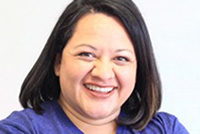 Karla Monterroso
Karla Monterroso
Acting CEO, Code2040
Twitter: @karlitaliliana
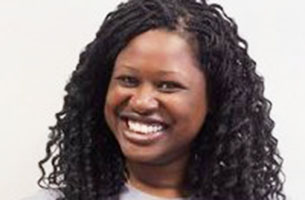 Allison Jones
Allison Jones
Director of Marketing and Communications, Code2040
Twitter: @ajlovesya
At this stage in the “diversity in the workplace” conversation, the business case has been made. Time and time again, researchers have provided hard metrics that support the inclusion of women, people of color, and others who bring unique perspectives—and rarely has doing the right thing so closely aligned with doing the most profitable thing. But many companies still find themselves struggling to enact the cultural change required to drive this type of change forward within their organizations. And we’re starting to see a backlash among some in Silicon Valley who are sick of hearing they need more women and people of color in their ranks.



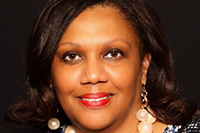

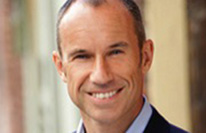





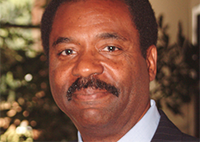


 Congressman Cedric L. Richmond
Congressman Cedric L. Richmond


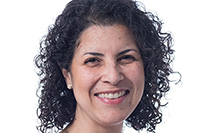



 Equality Index
Equality Index 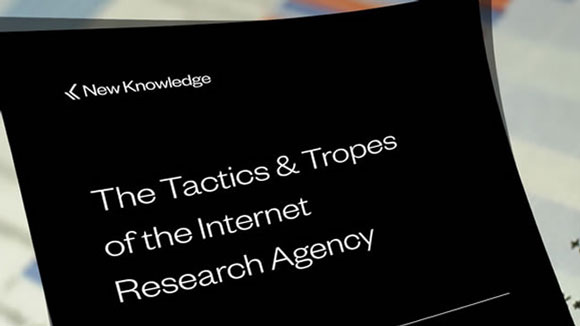 Senate Report
Senate Report  2020 SOBA Essays
2020 SOBA Essays  2019 Report
2019 Report 